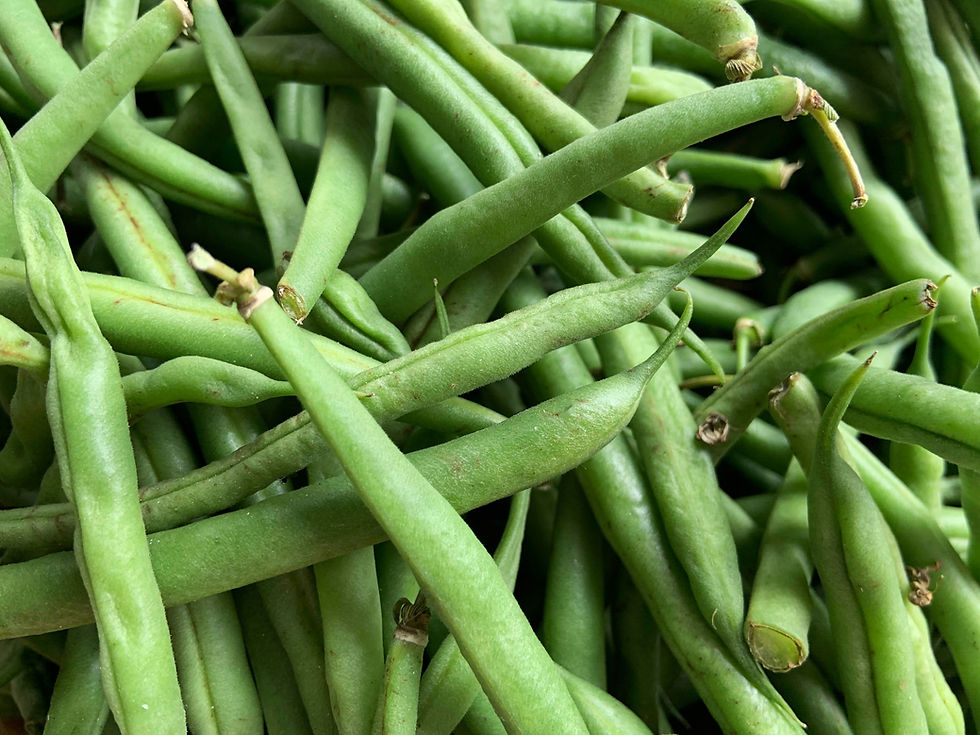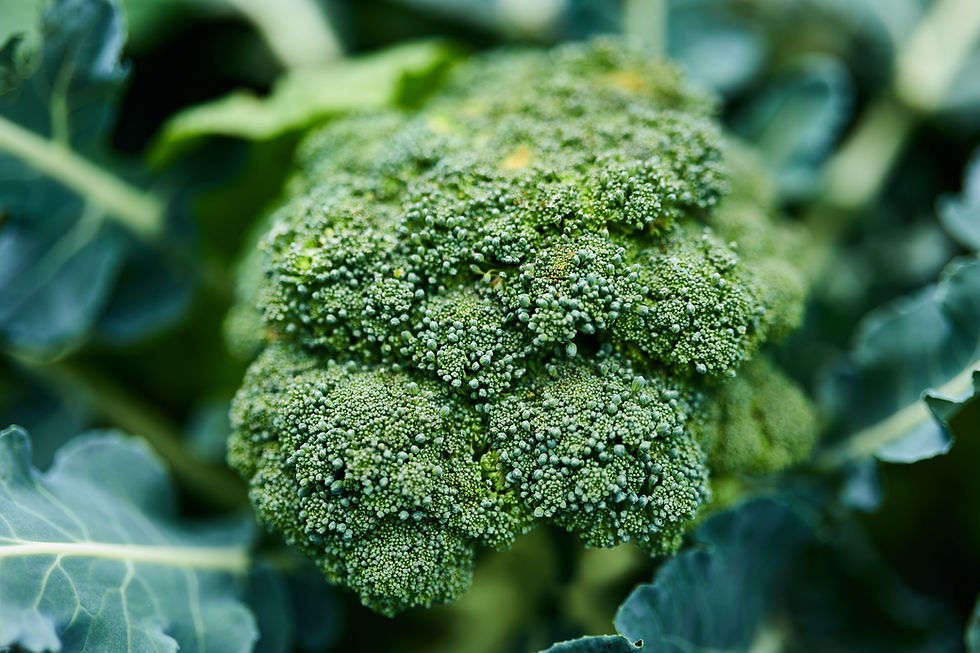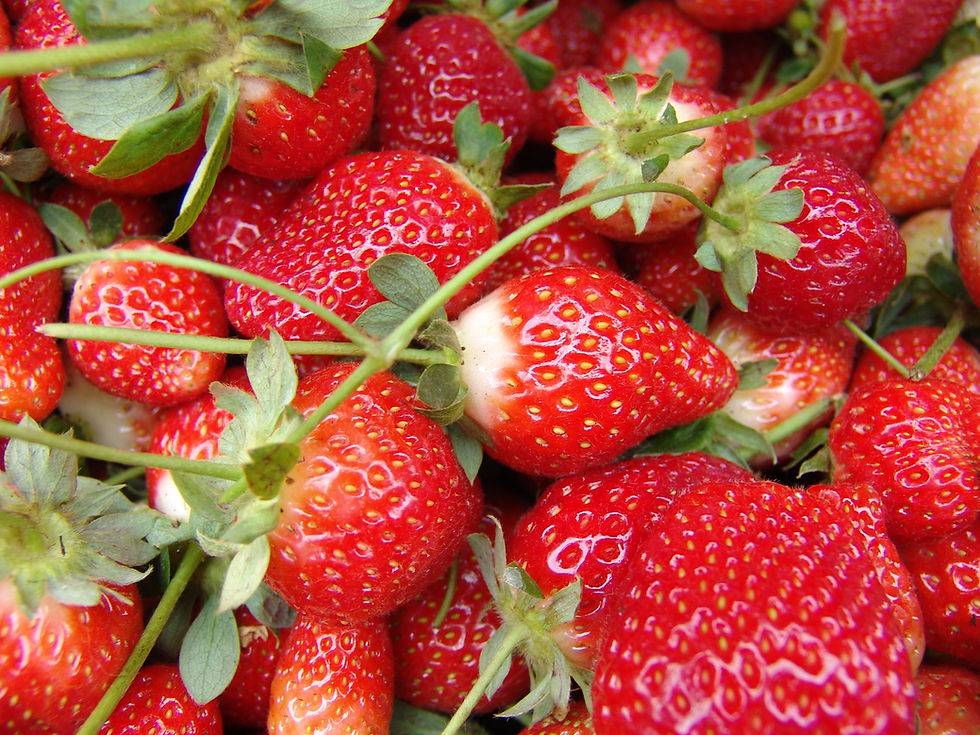When it comes to your guinea pig's health and happiness, there's one superstar that plays a starring role in their diet: hay! But not all hay is created equal, especially when you're navigating the hay market in India. In this article, we'll uncover the importance of hay in a guinea pig's life and guide you through the types of hay available in India to ensure you're making the right choice for your furry friend.

The Hay Hype: Why It Matters
Imagine if you had to eat the same meal every day. Sounds dull, right? Well, guinea pigs might feel the same way about their food. Hay is like their personal fiber factory, keeping their digestive system in tip-top shape. When they nibble on hay, those long strands get things moving and grooving in their guts.
But that's not all – hay is like a natural toothbrush for your guinea pigs. Chewing on hay helps wear down their constantly growing teeth, saving them from dental dilemmas. So, when you see your furry pals munching away, they're actually keeping their pearly whites in check.
The Hay Hunt: Choosing the Perfect Hay
Different types of hay have different benefits. Timothy hay is like the gold standard, but there's also alfalfa, orchard grass, meadow hay, bermuda grass, and even blends! The right hay depends on your guinea pig's age, health, and preferences.
Just like we have different food groups, guinea pigs have their own hay categories. Let's break it down:
a. Timothy Hay: This is the kingpin of hay. It's like the salad of the hay world – packed with fiber and low in calories. Perfect for maintaining a healthy weight and keeping digestion on track. Adults guinea pigs absolutely adore it.
Nutritional Value: High in fiber, essential for digestion. Contains appropriate calcium levels.
Portion: Offer unlimited access. It should be the main component of their diet.
Correct Age: Suitable for guinea pigs of all ages.
Availability in India: Widely available in pet stores and online shops. It's one of the most common hays for guinea pigs

Picture Credit : INR Farms
b. Alfalfa Hay: This one is like a hay milkshake. It's loaded with extra nutrients, which is perfect for baby guinea pigs or mamas-to-be. But here's the deal – it's a bit too rich for the older piggies, so save it for the little ones.
Nutritional Value: High in calcium and protein. Best for young, growing guinea pigs or pregnant/nursing sows.
Portion: Offer occasionally to young guinea pigs (up to 6-8 months) and pregnant/nursing sows.
Correct Age: Not recommended for adult guinea pigs due to high calcium content.
Availability in India: Can be found in some pet stores and online platforms. It's more commonly available for small animals like rabbits.

Picture Credit : Small Pet Select
c. Meadow Hay: Think of this as a hay mixtape. It's a blend of different grasses and herbs, giving your guinea pigs a tasty variety. Just like us, they enjoy a little flavor adventure every now and then.
Nutritional Value: Diverse mix of grasses and plants, providing variety.
Portion: Can be offered as an alternative to Timothy hay.
Correct Age: Suitable for guinea pigs of all ages.
Availability in India: Can be found in select pet stores and online platforms that specialize in small animal products.

Picture Credit : Nature's Own Pets
d. Orchard Grass Hay: This type of hay is quite similar to Timothy hay, but it's a bit softer. Guinea pigs really enjoy nibbling on it, and it's good for their tummies too. You can offer it to your guinea pig as an alternative to their regular hay.
Nutritional Value: Similar to Timothy hay but slightly softer. Good source of fiber.
Portion: Can be offered as an alternative to Timothy hay.
Correct Age: Suitable for guinea pigs of all ages.
Availability in India: Somewhat available in larger pet stores and online retailers. Availability might vary.

Picture Credit : Grandpa’s Best
e. Bermuda Grass Hay: Picture a grass that's not too hard and not too soft, just in between. That's Bermuda Grass! It's another type of hay that guinea pigs can eat. It has a nice amount of fiber, which is good for their digestion. While it might not be their main hay, you can give it to them as part of a mix to keep their diet interesting.
Nutritional Value: Moderate fiber content.
Portion: Can be offered as a part of a varied hay diet.
Correct Age: Suitable for guinea pigs of all ages.
Availability in India: Less common, but you might find it in certain specialised pet shops or through online sellers.

Picture Credit : Rietkerk Hay
The "How-To" of Hay: Sharing the Love
Alright, now that we know hay is essential, how much should you offer? Guinea pigs typically need about 70-90 grams of hay every day. This amount helps keep them healthy and happy. You can split this into two meals, giving them some in the morning and more in the evening. If you notice they finish it quickly or it gets too messy, you can adjust the amount accordingly. Just make sure they always have some hay available to munch on.
Here's how you can give it to them:
Fill the Hay Rack: Get a hay rack or holder from a pet store. Fill it up with a bunch of hay. Think of it like filling a snack bowl for them.
Hang it Up: Hang the hay rack inside their cage. You can attach it to the side bars. It's like a buffet right in their home!
Let Them Munch: Your guinea pig will see the hay and start munching on it. They love the taste and it's really good for their tummy.
Keep It Fresh: Check the hay every day and refill it when it's empty. Guinea pigs like fresh hay just like we like fresh food.
But remember, hay isn't the only star on the guinea pig stage. Fresh veggies and a specially formulated pellet mix round out their diet. It's like their gourmet feast, and hay is the VIP guest.
Final Thoughts
So there you have it, hay heroes! Now you understand why that humble pile of grass is so important. It's not just food – it's a secret to your guinea pig's well-being. From digestion to dental care, hay does it all.
Remember, each type of hay has its own charm. So, whether you're doling out the tried-and-true Timothy hay or mixing it up with meadow hay, your guinea pigs will thank you with joyful squeaks and happy hops.
In the end, hay isn't just hay – it's a hay-mazing way to show your furry pals just how much you care. Keep that hay dispenser full and those little tummies happy. Your guinea pigs will reward you with boundless affection, and maybe even a popcorn dance or two!
































